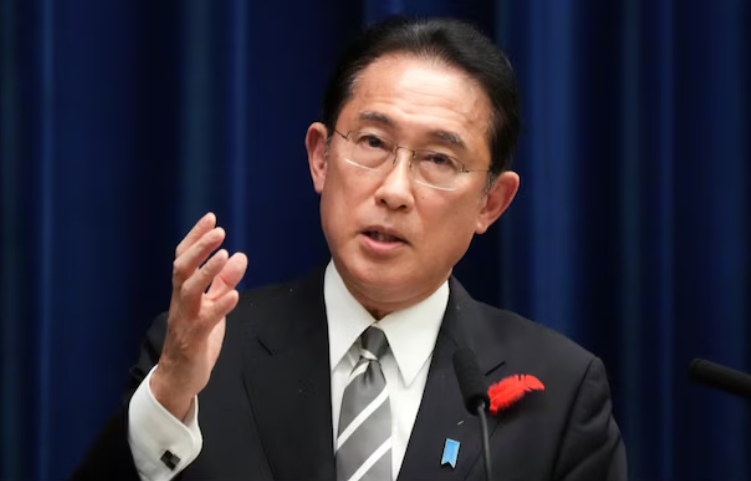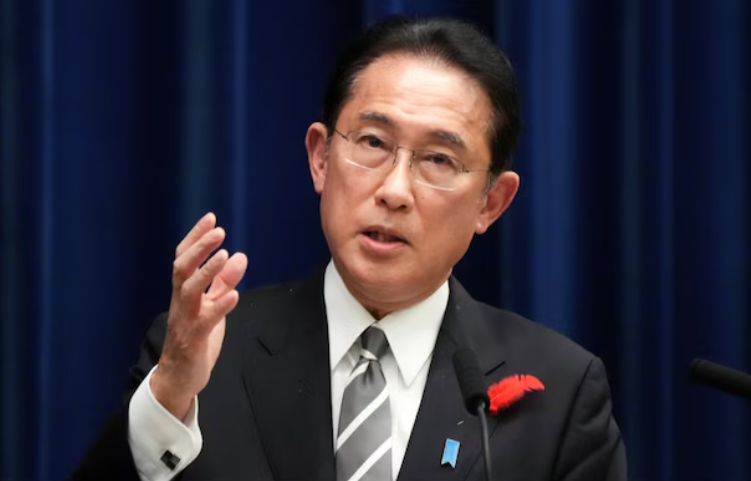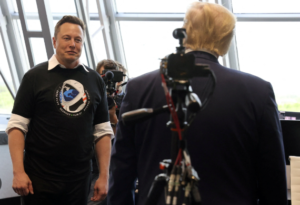Japan PM Fumio Kishida Down In September
Prime Minister Fumio Kishida of Japan is set to resign in September.

Fumio Kishida’s resignation will initiate a competition to select his successor as the leader of the Liberal Democratic Party, which will also determine the head of the world’s fourth-largest economy.
According to reports from media outlets on Wednesday, Japanese Prime Minister Fumio Kishida is set to resign as the leader of the ruling party in September. His three-year tenure has been characterized by increasing prices and overshadowed by various political scandals. Kishida, whose public approval ratings have declined, will not pursue re-election as the leader of the Liberal Democratic Party (LDP), as stated by senior officials within the administration, including Japan’s public broadcaster NHK.
Kishida’s resignation will initiate a competition to select his successor as the leader of the ruling party, which also entails assuming the role of the head of the world’s fourth-largest economy.
Also Read: Haniyeh Killing In Theran
The new leader chosen by the Liberal Democratic Party (LDP) may encounter challenges such as rising living expenses, increasing geopolitical tensions, and the possibility of Donald Trump returning to the presidency in the United States next year.
As Japan’s eighth-longest-serving leader since the post-war era, Kishida successfully guided the nation through the Covid pandemic with substantial stimulus measures. However, he later appointed Kazuo Ueda, an academic with the mandate to reverse his predecessor’s aggressive monetary easing, to lead the Bank of Japan (BOJ).
In July, the BOJ unexpectedly raised interest rates, which contributed to volatility in the stock market and a significant decline in the value of the yen.
“If the reports are accurate, we should anticipate either a tighter policy or a neutral stance with slightly tighter fiscal and monetary conditions, depending on the candidate,” stated Shoki Omori, chief Japan desk strategist at Mizuho Securities in Tokyo.
In a departure from previous approaches, Kishida has moved away from corporate profit-oriented trickle-down economics, opting instead for policies designed to enhance household incomes, which include increasing wages and encouraging share ownership.
Share this content:













Post Comment